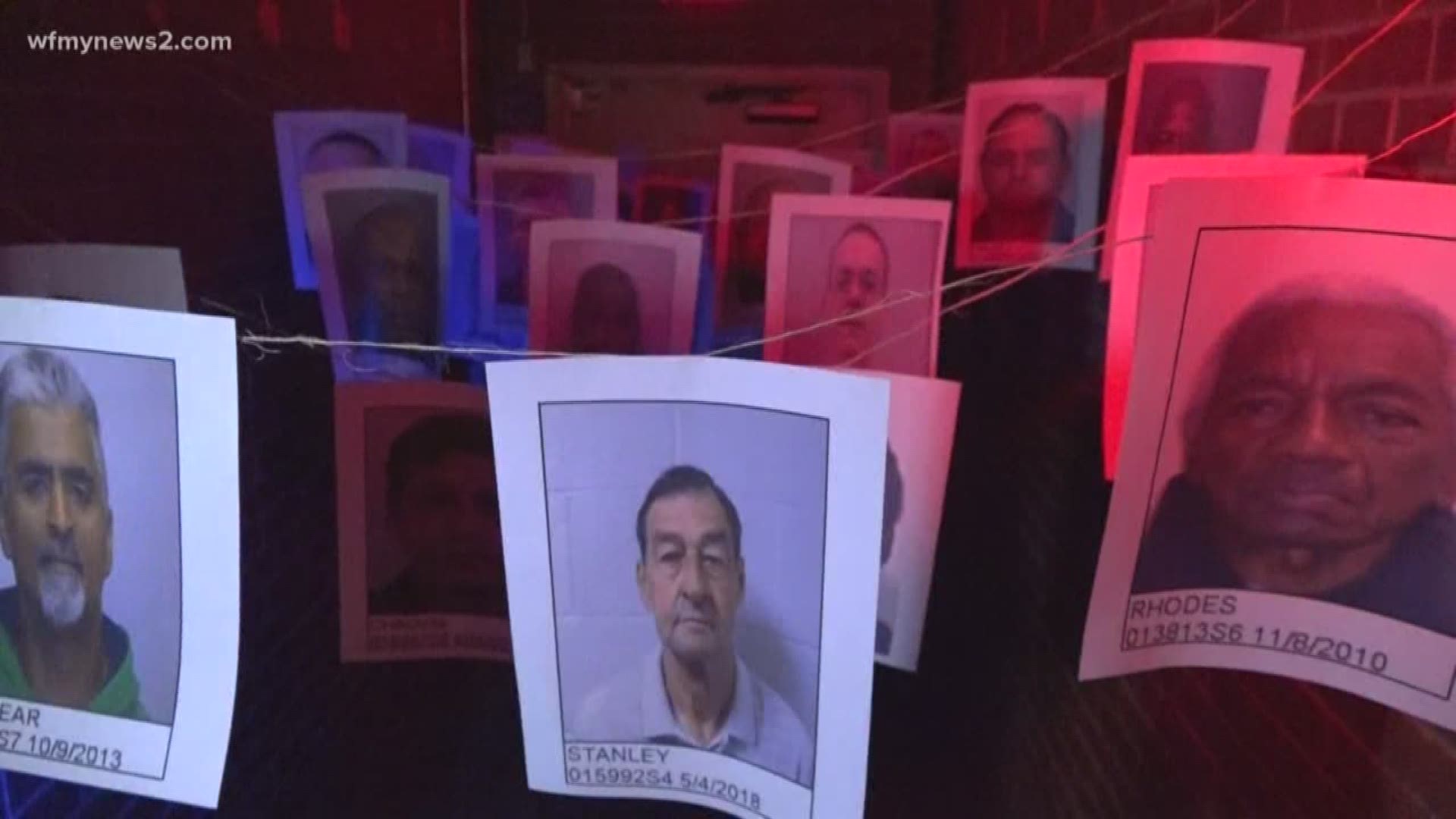GREENSBORO, N.C. — Debbie Longo was walking back to her apartment after finishing one of her college classes, “Before I could do anything he was upon me,” said Longo.
The next 20 or 30 minutes are a bit of a blur as Longo was beaten and then raped by a 16-year-old boy, “He grabbed my leg and through me down on the railroad track, he was waiting for someone to come across that area,” said Longo.
Able to survive the violent attack Longo made it to a nearby house for help, “There are so many things that still haunt me about it,” said Longo.
The reality of sexual assaults in the U.S. is frightening. A woman is raped every two minutes, that’s 720 a day and the sad part is only about half of those attacks will be reported to police, “Rape is like murder of the soul,” said Robert Longo.
A counselor who works with sexual assault offenders Longo has great compassion for survivors of sexual assault, “It is a devastating experience, some people never work through it their entire life,” said Longo.
In 2017, there were more than 2-thousand reported sexual assaults in North Carolina, 89 of those took in Greensboro, 102 in Winston-Salem and 36 in High Point.
In most cases, 90-percent of the time, the attacker knows the person they sexually assault, “It’s not about sex it’s about control,” said Debbie Longo.
So, who are these men that attack women, why do they do it and what makes them strike?
More than half are older than 30 years old but 15-percent are younger than 17-years-old. Most attackers are white, 57-percent, while 27-percent are black.
What may be most concerning is that it is almost impossible to spot a rapist, “Who they are is generally pretty like any other average person,” said Robert Carbo “They don’t behave differently or look differently.”
Sexual offenders are often men that work or go to school, “I’ve treated pilots, clergy, businessmen, male nurses, blue-collar workers,” said Longo.
So, why do they rape,” That’s the million-dollar question,” said Christie Cornwell.
Cornwell has been working with sexual offenders for more than 20 years, learning the why’s of an attack, “It’s a pattern a cycle, it’s not just a split-second impulsive thing,” said Cornwell.
In most cases Cornwell says her clients want to change and do change, “There are people that have committed a sex offense that I like very much, they are very good people,” said Cornwell. She made it very clear that while she feels they are good people and can be a productive part of society she is not condoning what they did.
Still it is an opinion that many may find hard to understand. Lt. John Somerindyke with the Fayetteville Police Department has been investigating sexual assault crimes for almost a decade, “They’re bad people, they are raping people, they are bad people,” said Somerindyke.
Survivors of a sexual assault often carry the baggage of the attack for the rest of their life. In fact, 94-percent of all sexual assault survivors will deal with PTSD symptoms and 33-percent will contemplate suicide, “I can be fine and then all of a sudden something sets me off and it takes me right back to that moment,” said Longo.
If you are a survivor of sexual assault or know someone who is and need help you can go to this website.
Experts say it is also important that survivors know what happened to them is not their fault, they did nothing wrong, “They didn’t ask to be raped,”
said Lt. Somerindyke.
The reality is that 1 in 5 women will be the victim of a sexual assault in their lifetime. Experts say seeking someone to talk to and learning all the resources available is very important.

